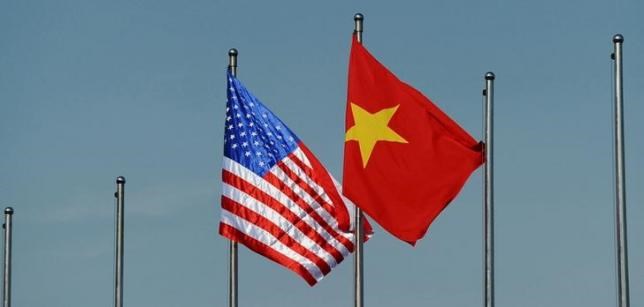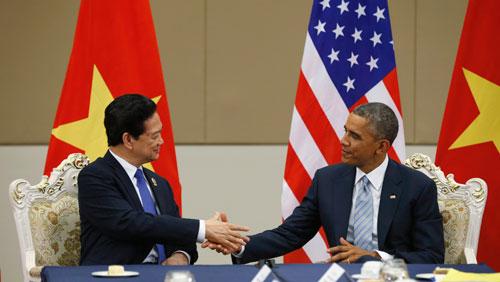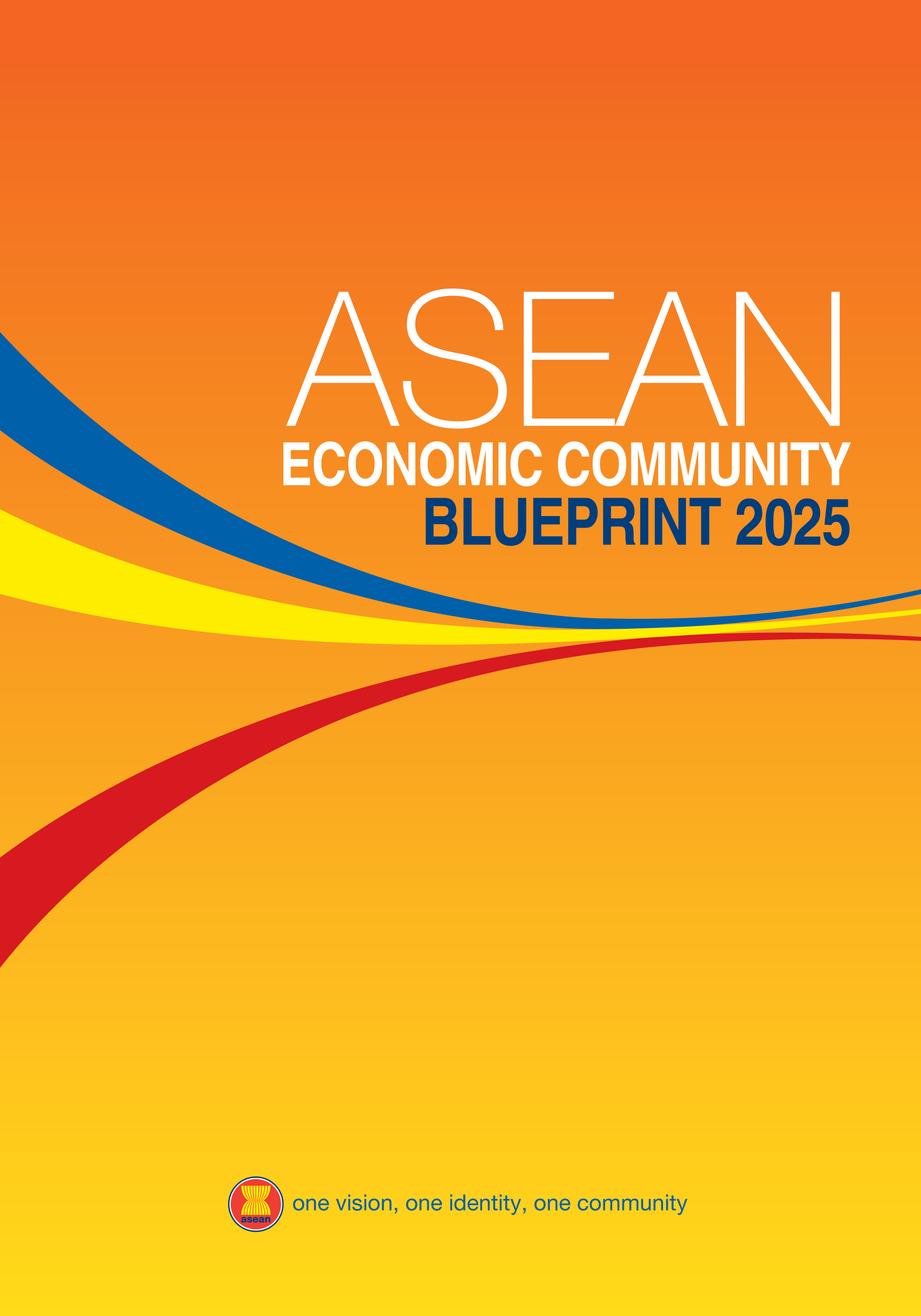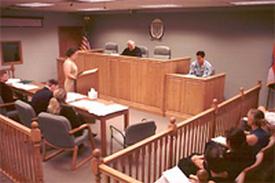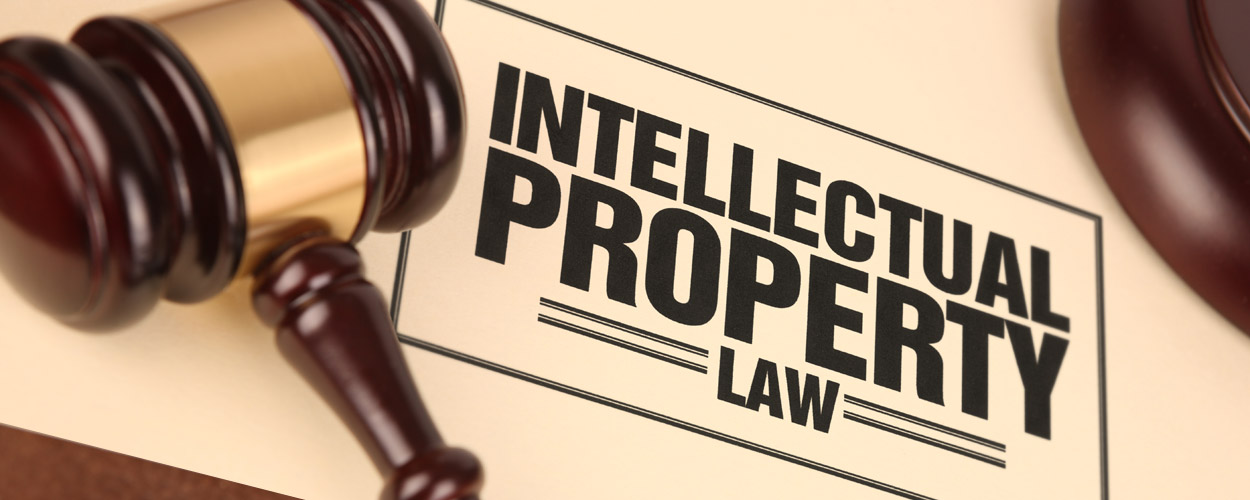Geneva Act of Hague Agreement Concerning the International Registration of Industrial Designs, 1999
Hague Agreement Concerning the International Registration of Industrial Designs was adopted in July 2, 1999. The object relate to this Agreement is Industrial designs. Hague Agreement established an international system that is a crucial foundation to protect industrial designs in multiple countries with minial fomarlities. The provisions of this...
Ordinance of handling of administrative violations
Under No. 44/2002/PL-UBTVQH10, Ordinance of handling of administrative violations was enacted. The goal of this Ordinance is to prescribes on handling of Administrative violations to prevent and combat administrative violations, contributing to maintaining the security, social order and safety, protecting the interest of State as well as legitimate rights...
Ordinance on Procedures for the settlement of Administrative Cases, 2006:
The Ordinance on Procedures for the settlement of Administrative Cases came into force on July 1, 2006. It aims at amending a number of articles of the former Ordinance on Procedures for the settlement of Administrative Cases, 1996.
The new Ordinance also contains general provisions about administrative proceedings and procedures...
The Law Amending and Supplementing a Number of Articles of the Law on Intellectual Property
National Assembly promulgated the Law amending and supplementing a number of articles of the Law on Intellectual property (IP) which was passed on June, 19, 2009. This statute document enhances the applicability, makes more suitable for reality and trengthens the framework of Law 2005 on Intellectual property. The Law...
Seed Ordinance 2004
Seed Ordinance was promulgated by National Assembly Standing Committee under No: 15/2004/PL-UBTVQH11. The purpose of this Ordinance is stipulating the management and preservation rules for plant genetic resources, research, selection, breeding, evaluation, on-site inspection, seed testing, release the new variety and protection of new plant varieties, selection and certification...
Criminal Code, 1999:
The 1st Criminal Code of Vietnam including provisions on intellectual property is the Criminal Code passed on December 21, 1999 that came into force on July 1, 2000.
The Criminal Code, 1999 included several provisions on intellectual property. First of all, infringements upon copyrights and their consequences are explained in...
Decree No. 24/2025/ND-CP: Amending and supplementing regulations on penalties for administrative violations in commerce and consumer protection
Decree No. 24/2025/ND-CP, issued on February 21, 2025, amends and supplements several articles of Decree No. 98/2020/ND-CP on penalties for administrative violations in commercial activities, production, trading in counterfeit and prohibited goods, and consumer protection. This Decree aims to update and adjust regulations on administrative penalties in these fields...
Protocol Relating to the Madrid Agreement Concerning the International Registration of Marks (1989)
Protocol Relating to the Madrid Agreement Concerning the International Registration of Marks was adopted at Madrid on June 27, 1989. This is comprised of 16 articles. The system makes it possible to protect a mark in a large number of countries by obtaining an international registration that has effect...
Criminal Code, 2009
The Criminal Code was passed on June 29, 2009 and came into force on January 1, 2010. It created a few new rules amending and supplementing some articles of the former Criminal Code, 1999.
When it comes to intellectual property provisions, only two changes in the Criminal Code, 2009 are...
The Law Amending and Supplementing a Number of Articles of the Penal Code
National Assembly promulgated the Law amending and supplementing some articles of penal code which was passed on June, 19, 2009 under no. 37/2009/QH12. Two articles including 170, 171 which relate to Intellectual property (IP) were amended and supplemented. Particularly, article 170a is “Infringing upon copyright and related rights”. This...
Intellectual Property Law, 2009:
The Intellectual Property Law was passed by the Vietnamese National Assembly on June 19, 2009 and came into force on January 1, 2010. This law aimed to amend and supplement some articles of the former Intellectual Property Law passed in 2005.
One of the new law major provisions’ is, firstly,...
Intellectual Property Law
Under no. 50/2005/QH11, Law on Intellectual Property was promulgated including 6 parts, 18 chapters and 221 articles. The scope of this Law is governing issues on copyright, copy – related rights, industrial property right, rights to plant varieties and the protection of these rights. This Law was passed on...
Civil Procedure 2004
Civil procedure code was passed on June, 15, 2004 under No. 24/2004/QH11. This code includes 418 articles divided into 36 chapters. Civil procedure code provides for the order and procedures for setting civil case and matters and enforcing civil judgments.
Click here to download:
Civil Procedure Code (2004)
Ordinance on Handling of Administrative Violations, 2008:
The Ordinance on Handling of Administrative Violations was passed on April 2, 2008 and came into force on August 1, 2008. It aims at amending and supplementing the former Ordinance on Handling of Administrative Violations passed in 2002.
When it comes to intellectual property, only one amendment of the Ordinance...
Civil Procedure Code, 2004:
The Civil Procedure Code was passed on June 15, 2004, and came into force on January 1, 2005. It provides processes and procedures for the settlement of civil affairs and the enforcement of civil judgments.
More precisely, when it comes to intellectual property, articles 25-4, 29-2 and 34-1 of the...


